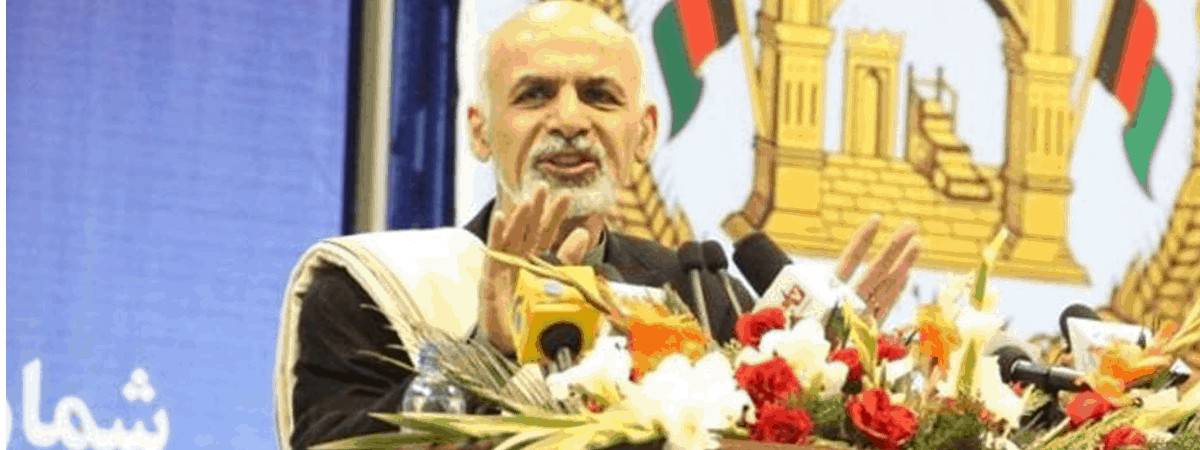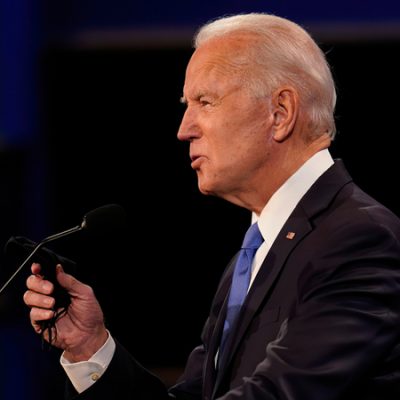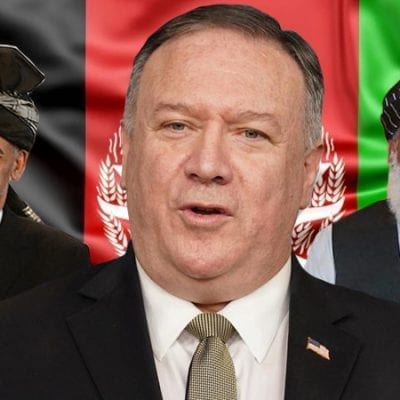The Afghan President rejection of the Taliban prisoners release provision.

Afghan President Ashraf Ghani rejected a request from the Taliban to release 5,000 prisoners from the movement as a condition for talks with the Afghan government and civilian figures, as stated in an agreement they signed with the United States.
“The Afghan government has not made any commitment to release five thousand Taliban prisoners,” Ghani told reporters in Kabul, one day after signing the agreement in Qatar to start a political settlement aimed at ending the longest war in which the United States was involved.
For his part, US Secretary of State Mike Pompeo told CBS television that the two sides had previously released prisoners and expressed hope that negotiations between the Afghan government and the Taliban would begin in the next few days. “It will be bumpy… no one has any illusions that the talks will be easy,” Pompeo added.
Western diplomats say that US negotiators face difficulties pushing the Afghan government and the Taliban to the negotiating table. The agreement signed by the United States and the Taliban stipulates that both sides are committed to working swiftly to release prisoners from combat as a confidence-building measure in coordination and approval of all concerned parties.
The agreement also stipulated that up to 5,000 Taliban prisoners would be released in exchange for up to 1,000 prisoners from the Afghan government by March 10. “It is not up to the United States to take a decision, it is only a mediator,” said Ghani, on the issue of prisoner exchange.
He told CNN that US President Donald Trump had not requested the release of prisoners and that the issue of releasing prisoners should be discussed within the framework of a comprehensive peace agreement.
“The political accommodation … necessary for such a big move is not currently available,” he said.
Ghani explained that firstly, major issues such as the Taliban’s relations with Pakistan and other countries that provided sanctuary, their links to what he called terrorist groups and drug gangs, and the location and Afghan civil security forces should be discussed.
“The Afghan people need to be confident that we have moved from war to peace, not that the agreement will be either a Trojan horse or the beginning of a much worse stage of conflict,” he said.
He added that verifiable mechanisms are needed to ensure that the commitments already undertaken are fulfilled.
The US special envoy Zalmay Khalilzad and Taliban political leader Mullah Abdul Ghani Baradar signed the agreement on Saturday in the Qatari capital, Doha, in the presence of US Secretary of State Mike Pompeo.
The Taliban announced that Baradar had met the foreign ministers of Turkey, Uzbekistan and Norway in Doha in addition to diplomats from Russia, Indonesia and neighboring countries in a move indicating the movement’s intention to obtain international legitimacy.
“The delegations that met Mullah Baradar have expressed their commitment to the reconstruction and development of Afghanistan … the agreement between the United States and the Taliban is historic,” said Taliban spokesman Zabihullah Mujahid.
US President Donald Trump has dismissed criticism of the deal and said he will meet the movement leaders in the near future.
Ghani aides said the decision to meet Taliban leaders could be a challenge to the government at a time when the withdrawal of US forces is imminent.
Iran said that the agreement concluded between the United States and the Taliban has no legal basis, describing it as a cover for legalizing the presence of US forces in Afghanistan.
“The United States has no legal basis to sign a peace agreement or determine the future of Afghanistan,” the Iranian Foreign Ministry said in a statement quoted by official media.
Under the agreement, Washington is committed to reducing the number of its forces in Afghanistan to 8,600 from about 13,000 now within 135 days of signing the agreement.
It is also committed to working with its allies to reduce the number of coalition forces in Afghanistan proportionally to that during the same period, provided that the Taliban respect their security guarantees and a ceasefire.
A joint statement added that a complete withdrawal of US and coalition forces will take place within 14 months of the agreement signing.
The withdrawal relies on security guarantees from the Taliban, which ruled Afghanistan from 1996 to 2001 and imposed many restrictions on women and activities that it considered to be in violation of the provisions of Sharia.
After being ousted from power in 2001 in a US-led invasion in the wake of the September 11 attacks on the United States, orchestrated by al Qaeda-linked Taliban militants, the movement has led a violent insurgency.




